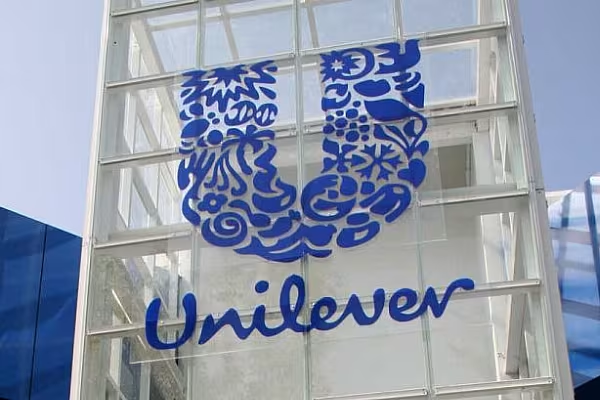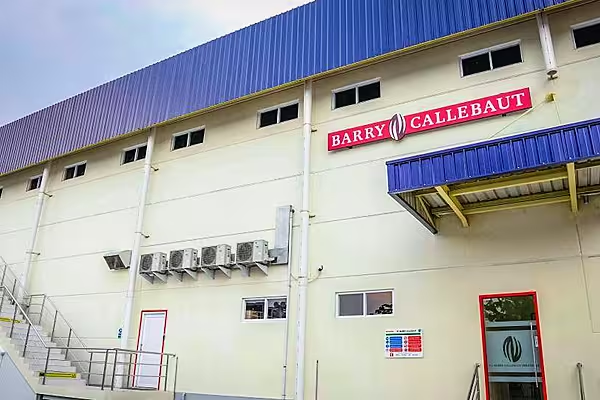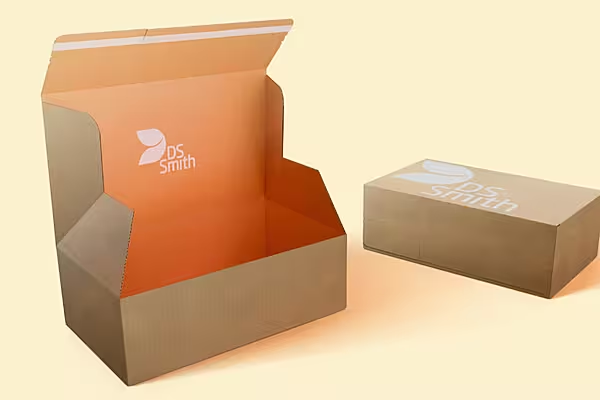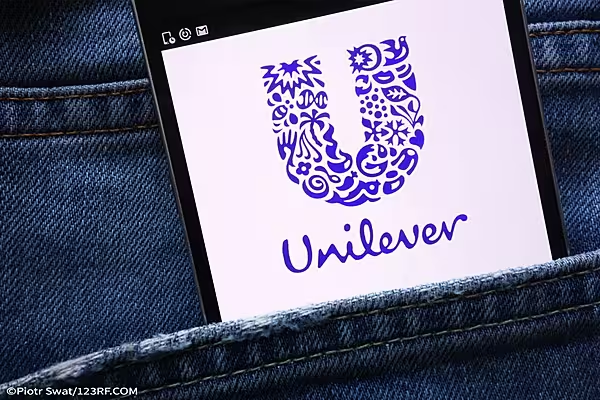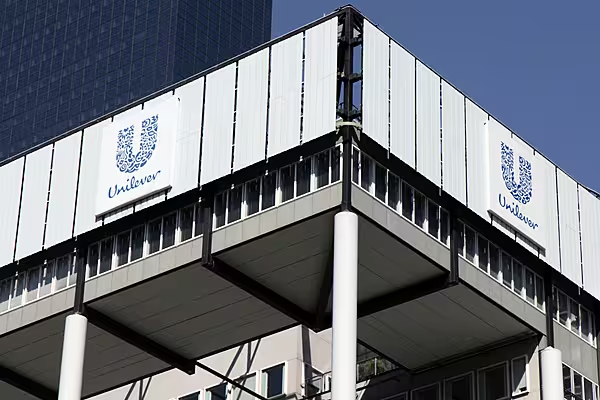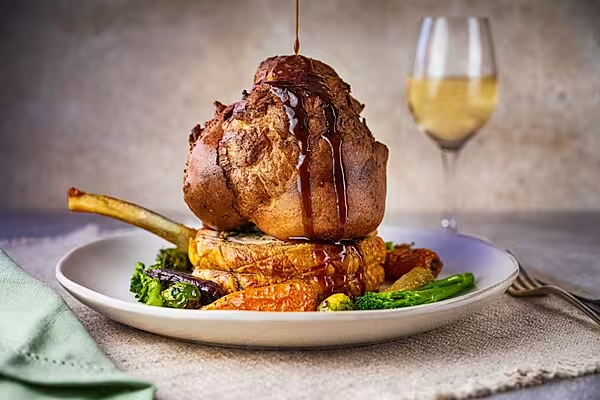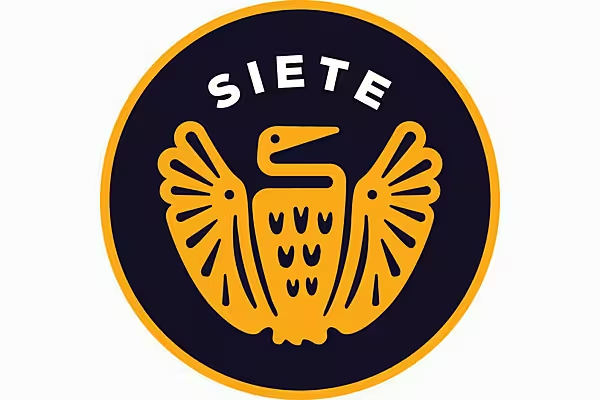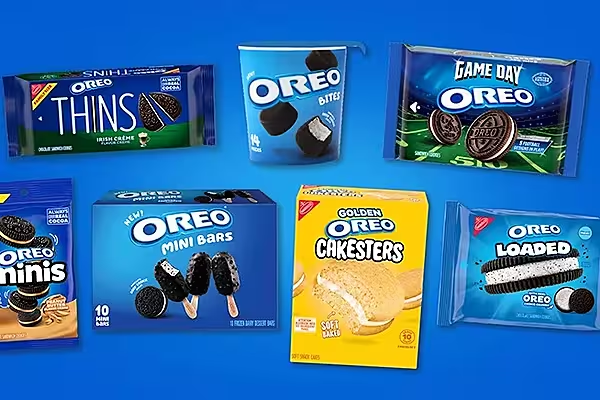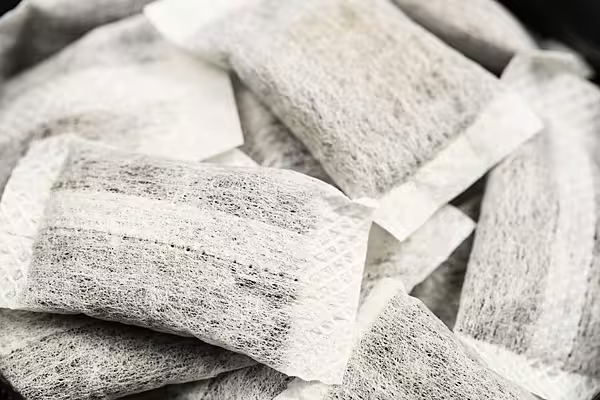Unilever is sharpening its focus on profitability by lifting prices and cutting spending on everything from employee flights to product reformulations as activist investors take aim at consumer-goods giants wrestling with slow growth.
The group posted half-year results today (20 July), which indicate that its turnover increased by 5.5% for the period, including a positive currency impact of 1.7%. Underlying sales grew 3.0%.
“Our first-half results show continued growth well ahead of our markets and a substantial step-up in profitability despite the persisting volatile global trading environment,” commented Unilever CEO Paul Polman. “It once more shows the validity of Unilever’s long-term compounding growth model.”
Driving Efficiency
The company is stepping up an efficiency drive as it responds to a failed takeover bid from Kraft Heinz Co. and rivals Nestle SA and Procter & Gamble Co. come under pressure from activists Dan Loeb and Nelson Peltz.
“The good people of Unilever took 30 percent less flights in the first six months of the year,” chief financial officer Graeme Pitkethly said in an interview after the company reported first-half earnings that exceeded estimates. The cost per seat of every flight taken was down about 24 percent, he said.
The Anglo-Dutch company increased prices by 3 percent in the second quarter, offsetting stagnant volumes, it said in a statement Thursday. That helped underlying sales rise by the same percentage. The shares were up as much as 0.6 percent in early London trading.
Unilever said it achieved savings of more than 1 billion euros in the first half, putting it on track for a target of 6 billion euros and a 20 percent underlying operating margin by 2020. It cut 500 million euros ($576 million) through supply-chain initiatives including reformulations, reducing the cost of ingredients in laundry brands. Spending on advertising agencies was down 17 percent in the first half.
Increases in profitability will accelerate in the second half of the year, lifting profit margins by a full 100 basis points, Pitkethly said.
Price Increases
The underlying revenue gain at London- and Rotterdam-based Unilever compared with the 3.1 percent median estimate of analysts surveyed by Bloomberg. Growth accelerated slightly from the first quarter’s 2.9 percent uptick. The volume sold in the period was unchanged, with price increases of 3 percent accounting for the growth in sales.
Unilever shares have gained about 25 percent since Kraft Heinz’s takeover approach was made public in February. The company pledged greater profitability after spurning the bid, increased its dividend payment by 12 percent and has committed to repurchasing 5 billion euros worth of stock. Since then Loeb’s Third Point has disclosed a stake in Nestle while Peltz’s Trian Fund Management has begun a campaign at Procter & Gamble.
Unilever said in April it’s seeking to divest its Flora margarine spreads division by the end of the year. The process could fetch an enterprise value of around 6.6. billion euros, a Bloomberg survey of analysts has found.
Underlying sales exclude acquisitions, divestments, and currency fluctuations.
News by Bloomberg, edited by ESM. Additional reporting by Stephen Wynne-Jones. Click subscribe to sign up to ESM: The European Supermarket Magazine.
